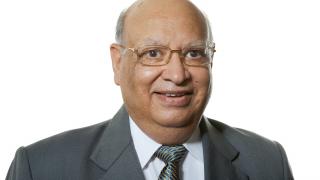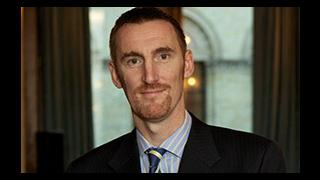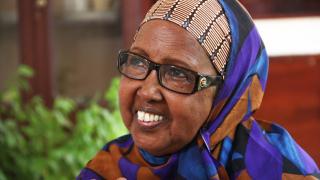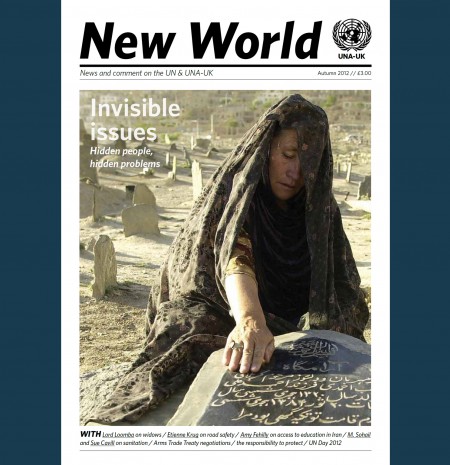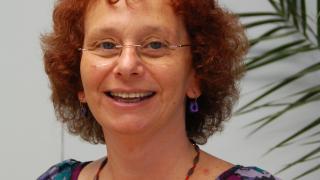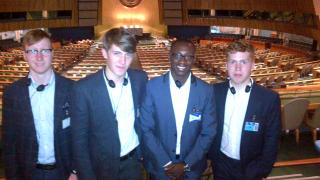
The sanitation target of UN Millennium Development Goal 7 – to halve, by 2015, the proportion of people without sustainable access to safe drinking water and basic sanitation – is significantly off track. Worldwide, 2.5 billion people have inadequate anitation facilities or, to be blunt, no proper toilets.
The right to sanitation has been widely acknowledged and reaffirmed. In 2008, the UN Human Rights Council appointed an independent expert to monitor and work on the fulfilment of states’ obligations related to drinking water and sanitation. In 2010, the UN General Assembly adopted a resolution that recognised these rights as being “essential for the full enjoyment of life and all human rights”.
But around the world, 1.1 billion people still defecate in the open. Many cities still dispose of their untreated fecal sludge in fresh waters. The impacts are far-reaching: from the attendance and enrolment of girls in school to the thwarting of economic development. One study by the World Bank found that 18 African countries – including Ghana, Nigeria and Tanzania – lose between 1% and 2.5% of GDP every year due to poor sanitation, which also contributes significantly to the 700,000 African children who die every year from diarrhoea.
The standard approach to improving sanitation is based on the concept of a “sanitation ladder” consisting of four rungs: practising open defacation; using an unimproved sanitation facility (i.e. one that does not ensure hygienic separation of fecal matter from human contact); using a shared facility; and, finally, using an improved facility. But the ‘business as usual’ approach to scaling up improved sanitation is not working. In many places, sanitation technologies are improvised or fail due to a lack of longer-term sustainability.
Action to improve these technologies should be driven by evidence of what works reliably, sustainably and at scale. There is a growing body of evidence that people want a toilet they can aspire to, one they can go out and buy and install once and for all, just as they would with other household appliances or mobile phones. In this regard, there is potential to introduce ‘leapfrogging’ technology in the sanitation sector.
Universities have a key contribution to make in innovating and supplying appropriate technologies that meet market needs for scalability, as well as lessons on how to deliver sanitation sustainably in particularly challenging situations (including urban areas) throughout the developed and developing world.
In 2012, the Bill & Melinda Gates Foundation launched ‘Reinventing the Toilet’, a challenge to invent a waterless, hygienic toilet that is safe and affordable, does not have to be connected to electricity or a sewer or continuous water supply, and will transform waste into energy, clean water and plant fertiliser. The challenge also stipulated that the toilet must operate at a cost of five US cents a day and be a truly aspirational “next-generation” product that everyone will want to use – in wealthy countries as well as in developing nations.
Loughborough University developed a prototype toilet which transforms human waste into biological charcoal to provide heat, minerals for soil conditioning, and water for flushing and hand-washing. It uses a process called hydrothermal carbonisation, which kills all pathogens to create safe to handle, valuable material, and uses power from heat generated during processing. The toilet is designed to work in both single-family and multiuser contexts, with daily running costs of just a few pence per person.
We hope that this project will: complement efforts to achieve the sanitation target of the Millennium Development Goals; build and test the evidence on sanitation facilities that work at scale; and mobilise all (including the domestic private sector) to improve access to safe sanitation worldwide.
M. Sohail (Khan) is Professor of Sustainable Infrastructure at Loughborough University and Sue Cavill is an independent water and sanitation specialist associated with the Water, Engineering and Development Centre at Loughborough. Their team took second place in the Gates Foundation challenge




